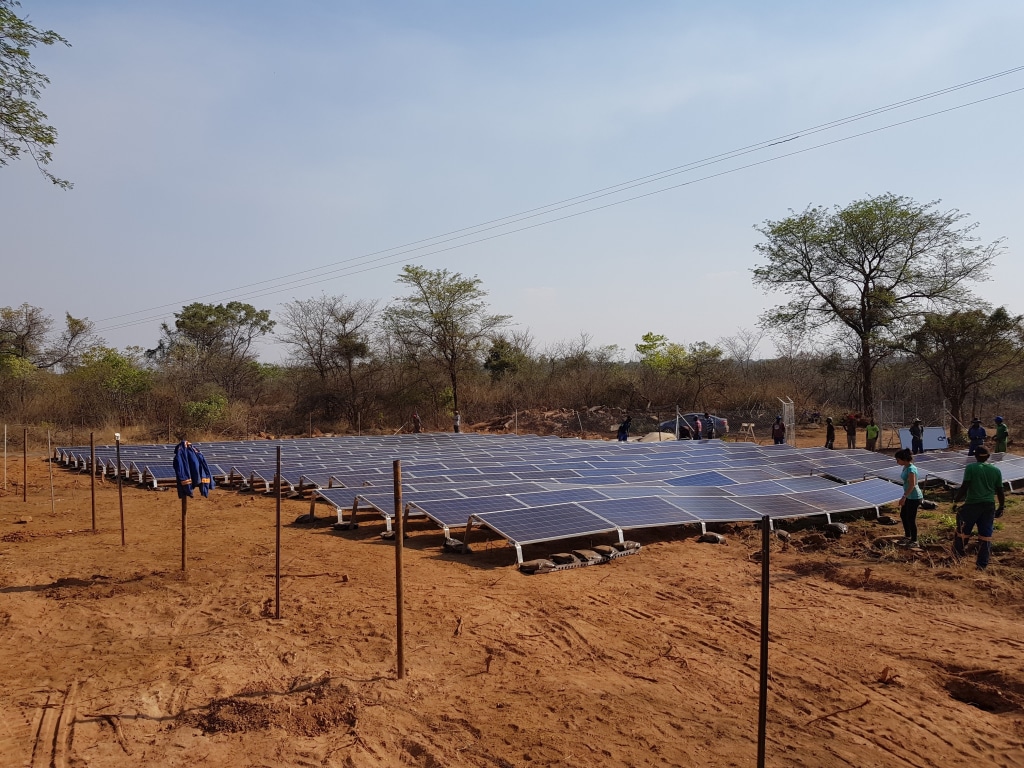The impact investments of the Renewable Energy Performance Platform (REPP) are paying off. In its latest quarterly report, the UK government initiative says it has funded access to electricity for more than a million people. In sub-Saharan Africa, REPP mainly finances solar mini-grids, solar home systems, and other isolated mini-grids, mainly in rural areas.
A few weeks ago, for example, the financing facility managed by Camco Clean Energy partnered with OnePower (1PWR) and the Electrification Finance Initiative (EDFI ElectriFI) to set up the Sotho Minigrid Portfolio SPV. With funding of €4.4 million, this special purpose vehicle will provide 11 rural communities in Lesotho with solar mini-grids equipped with battery storage systems. The project is expected to benefit at least 7,300 households, as well as small businesses and utilities.
Financing several clean energy sources
REPP also finances electrification projects via solar mini-grids in Sierra Leone, Uganda and Rwanda. In Tanzania, the financing mechanism has supported the establishment of an isolated electricity network, powered by a wind farm in Mwenga. The platform finances the development of other renewable energy sources, including geothermal energy in Zambia. The Mpanda hydroelectric project (10 MW) in the province of Bubanza in north-western Burundi is also funded by REPP.
Read also- SIERRA LEONE: London funds rural electrification through REPP
These projects impact lives in Africa through household electrification and the development of income-generating activities. “But we must not lose sight of the fact that about half of Africa’s population, with some 600 million people in sub-Saharan Africa alone, still do not have access to electricity. REPP has been instrumental in developing a thriving and reliable market for the region’s small-scale and decentralised renewable energy sector,” acknowledges Ben Hughes, Investment Director and REPP Manager at Camco Clean Energy.
Jean Marie Takouleu
